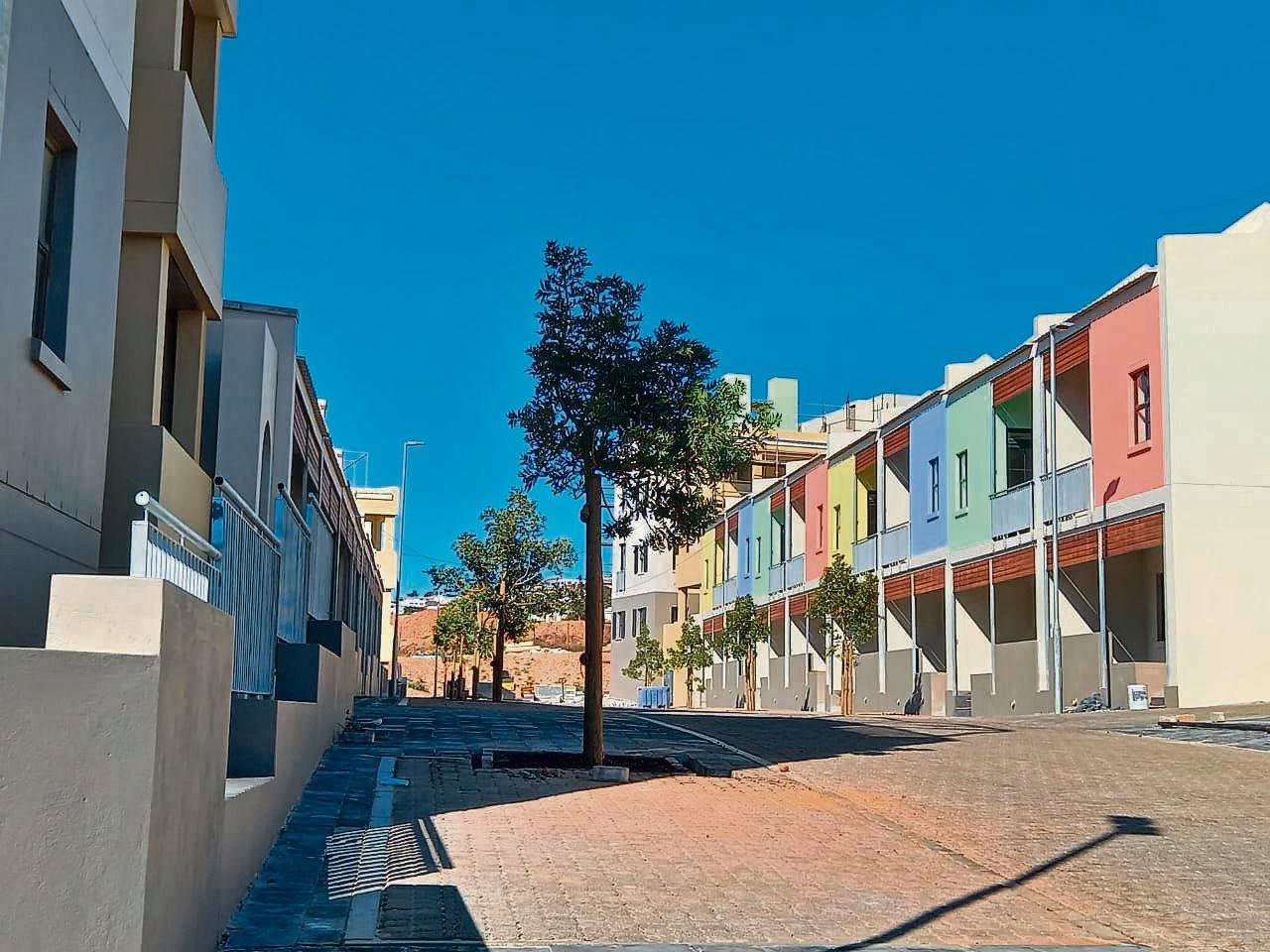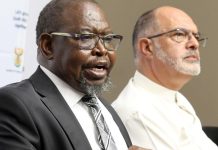Africa-Press – South-Africa. The District Six Working Committee says while they welcome the declaration of eight sites in District Six to national heritage status, claimants just want to return to their beloved community.
The South African Heritage Resources Agency (Sahra) has recently declared eight District Six (D6) sites national heritage sites.
These sites are: The Seven Steps; Holy Cross Roman Catholic Church parish centre and convent, Moravian Church; Zeenatul-Islam Masjid; Al-Azhar Mosque; Trafalgar High School; Harold Cressy School and the Jewish Cemetery.
The Seven Steps of stone, worn by the thousands who used these over the years to work, were part of the soul of the district. Today, years after its destruction, the Seven Steps stands out as the premier symbol of District Six that still lives in the hearts of all who lived and worked in the community.
Trafalgar High School was opened in 1912 as the first state high school for people of colour.
The Zeenatul-Islam Masjid celebrated its 100th anniversary in 2020.
Zahrah Nordien, chair of the District Six working committee, says: “Claimants are not bothered about heritage sites, they just want to come home. The sooner government can complete the restitution process the better for the claimants. Their wait has been too long and people are dying.”
Gamza Sydow (68) says he and his wife Hadjiera have been waiting to return since 1996.
“All they tell us is that we have to wait for this phase and that phase. We are getting tired. I have attended meetings all over the province. That is our birthplace, we grew up in those mountains, we were happy there. Many have given up hope.”
Ismail Adams (77) says he has been registered since 1995.
“My dream is to return home. There are youngsters living there, when did they apply? I am 77 years old, why can’t I move back? I hope and pray that God spares me time so that I can see my place again.”
According to the Sahra, this declaration is the first phase towards safeguarding heritage sites in the area.
In a statement, Sahra says: “District Six is considered to possess the national heritage value of ‘telling a national history of forced removals’.
“District Six constitutes a previously neglected memory of the history of South Africa that is to be used as part of the reconstruction and healing of the nation, a memory closely guarded and kept alive by the former residents and celebrated and passed on through various means, such as the arts, schools and religious centres that remained.”
Quahnita Samie, Director of Vidamemoria Heritage Consultants, says her firm worked with Sahra to ensure the nomination processes were completed.
Vidamemoria Heritage Consultants is a heritage resources management firm focusing on the protection, preservation and promotion of heritage resources.
“We looked at the overall District Six boundary and tried to figure out where we could start to identify sites that could be declared. We looked at the remaining religious institutions that were in D6 and also looked at the symbolic Seven Steps given the significance of the steps. We chose sites that were in the so-called core area of D6. Sites that remained and survived the forced removals and those were the mosques and churches.
“We also identified the Jewish Cemetery because there was a huge Jewish population in D6 so we wanted to bring in the fact that it was an interfaith area. We added the two schools as well.”
Eddie Andrews, Deputy Mayor and Mayco member for spatial planning and environment, says: “Over the past two years, I have attended many workshops and engagements that the City hosted with the District Six community. I spoke to those who have recently moved back, and others who will return in the coming months and years.
“What made a huge impression on me was how passionately these former residents of District Six spoke about the cosmopolitan nature of District Six before it was flattened by the apartheid government. District Six existed among a rich mosaic of different peoples, all with their own traditions, cultures, and beliefs.”
Francine Higham, Ward 77 councillor, says she is happy that these sites are recognised for their cultural and historical significance.
“This is a crucial step to ensure we never forget what happened in District Six, and that we always acknowledge the value these particular sites have for the residents of District Six, both past and present.”
Reggie Ngcobo, spokesperson for the department of agriculture, land reform and rural development, says 105 of the 108 District Six phase three beneficiaries received the keys to their homes last year.
“Three families are outstanding because they had family disputes.
“Phases four and five are next and preparations are underway in terms of intergovernmental and ground preparations.”
Ngcobo could not provide a timeframe.
For More News And Analysis About South-Africa Follow Africa-Press






